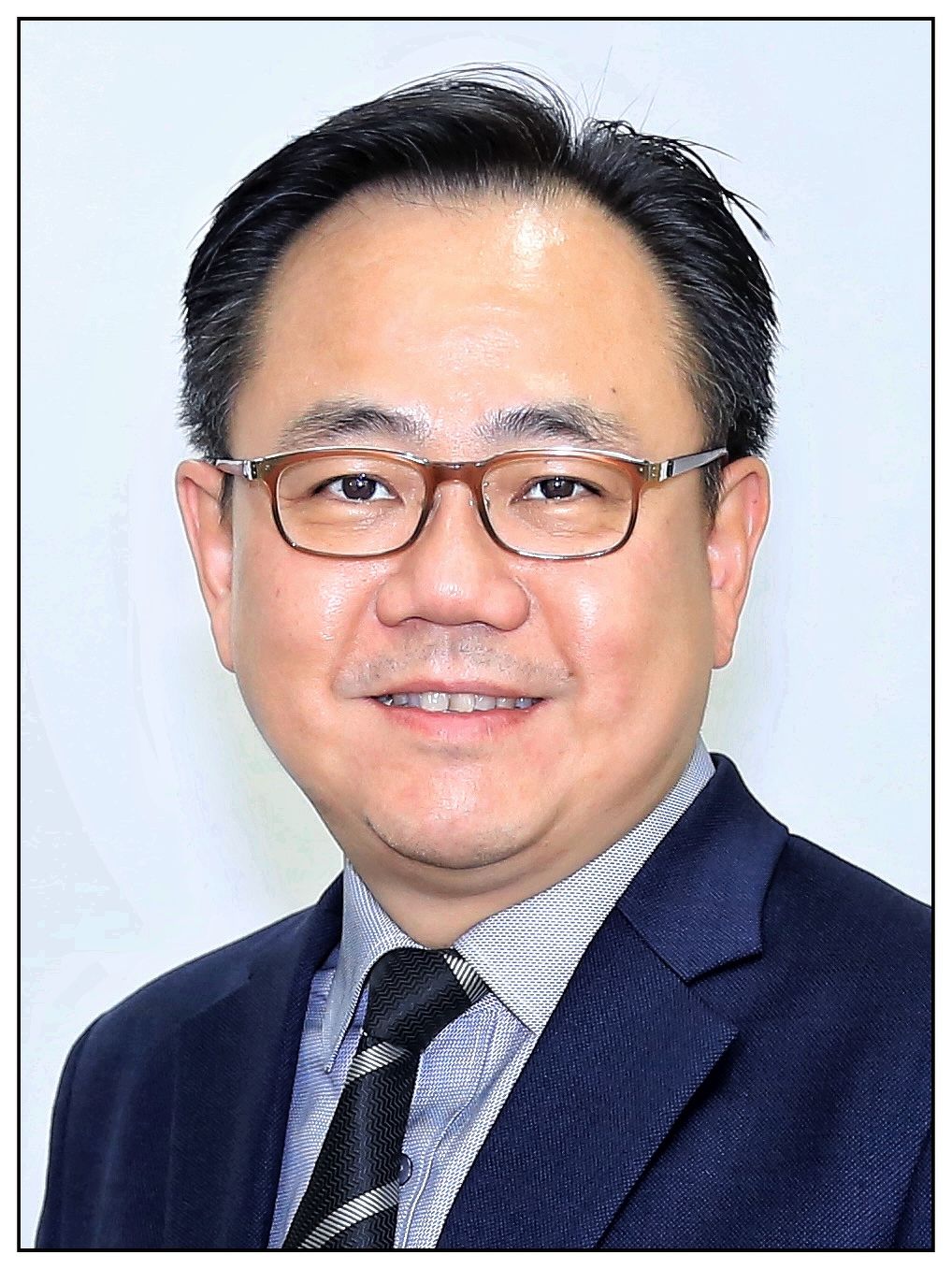Screening breast cancer through mammogram images is like finding a needle in a haystack. Why? Such images show the breast in variations of grey and white on a black background, with dense tissues appearing as white areas while fat and less dense tissues look grey.
The radiologist will examine mammogram images to look for signs of breast cancer, such as calcifications, which are associated with extra cell activity in the breast tissue and masses or swelling within the breast tissue. The challenge here is that those signs appear as white in the images, making them difficult to spot in dense breasts, which are common in Asian women.
Consequently, it can take weeks for a woman to receive her mammogram report, and there is a 20% chance that the mammograms missed breast cancers present at the time of screening, according to the US National Cancer Institute. The unnecessary anxiety from breast cancer screening is one of the deterrence factors for the procedure. The National Population Health Survey 2022 revealed that only 37.6% of Singaporean women aged 50 to 69 had gone for a mammography in the past two years.
“There is no cure yet for breast cancer. So, early discovery will help improve the survival rate and reduce the medical costs associated with the necessary treatment. Singapore’s screening rate is below the World Health Organization’s recommended level, and among the bottlenecks are the long waiting time [for mammogram results and the shortage of] radiologists,” says Stephen Lim, CEO of FathomX. The Singapore medtech start-up is a spin-off of the National University of Singapore (NUS) and the National University Health System.
AI radiology assistant
FathomX began as a research project in The Dream Challenge organised by the United States Whitehouse to identify artificial intelligence (AI) technologies that could help enhance the clinical process of breast cancer screening. It was the top Asian team among the 100 participants worldwide. Seeing the potential of its solution called FxMammo, FathomX’s founders Professor Mikael Hartman and Professor Feng Meng Ling decided to spin off the company with the support of NUS Enterprise.
See also: Singapore start-up builds AI ‘search engine for molecules’ with Equinix
“Mammograms are inherently difficult to read [by relying on the naked eye]. Today, mammogram images are digital and we have readily available AI tools, computing power for AI, and datasets to train AI. So, it makes sense to use AI to detect breast cancer from mammogram images better,” states Professor Hartman. He is also the head and senior consultant in the Division of General Surgery (Breast Surgery) of the Department of Surgery at the National University Hospital (NUH); and a senior consultant in the Division of Surgical Oncology at the National University Cancer Institute of Singapore.
FxMammo is a radiological computer-assisted detection software that detects and identifies suspicious breast cancer cases based on features or information extracted from mammogram images. It uses AI to improve diagnoses and deliver results quickly, even for dense breasts.
Putting it simply, FxMammo is like an assistant who reads mammogram images, makes diagnoses, prepares a report, and highlights all the suspected lesions clearly before presenting them to a human radiologist. According to the company, the AI-powered tool can shorten diagnosis times to a few minutes as well as significantly reduce the false positive rate by over 20% and false negative rates by over 38%.
See also: From AI beds to remote ICUs, start-ups are plugging India’s health gaps
FXMammo assists radiologists in mammography screening to provide a malignancy probability score and identifies the areas of concern. It has been shown in clinical studies to improve the sensitivity, specificity and productivity of radiologists. Photo: FathomX
Lim shares with DigitalEdge that Amazon Web Services (AWS) plays a key role in FxMammo. He says: “AWS’s compute service, Amazon EC2, provided us with the horsepower to train our AI model. Also, as healthcare AI applications evolve, the demand for more advanced algorithms and larger datasets grows, which is why we need scalable computing infrastructure.
With EC2, FxMammo can accommodate these increasing requirements to [continue] providing enhanced accuracy and precision in tasks such as disease diagnosis, risk prediction, and treatment planning.
With EC2, FxMammo can accommodate these increasing requirements to [continue] providing enhanced accuracy and precision in tasks such as disease diagnosis, risk prediction, and treatment planning.Stephen Lim, CEO, FathomX
A focus on Asia
To stay ahead of the latest tech trends, click here for DigitalEdge Section
Since dense breasts are more prevalent in Asian women, FathomX places a heavy focus on bringing FxMammo to healthcare organisations in Asia. The company partners with top universities and hospitals across Japan, Taiwan, China, Hong Kong, Thailand, Malaysia, Australia and Singapore to test and validate FxMammo’s accuracy and effectiveness.
Hospitals using FxMammo on patients include Tokyo Medical & Dental University, National Cancer Centre Hospital East in Japan, and Chulalongkorn Hospital in Thailand. In Singapore, a team of radiologists from the Department of Diagnostic Imaging at NUH is doing a research study on FxMammo. However, the AI tool has yet to be implemented for in-patient services.
To encourage adoption from more healthcare institutions, FxMammo is designed to be “seamless and minimally change the current screening mammogram process/workflow”, says Lim. FxMammo can be deployed in existing healthcare systems in various ways, including direct integration with Picture Archiving Communication Systems (PACS), platform provider integration, or hospital integration.
However, Professor Hartman highlights that mindset change from radiologists is required for FxMammo to gain widespread usage. “There used to be computer-assisted diagnosis (CAD), which caused a lot of false positives and noise. So, radiologists were initially cautious about FxMammo [as they thought it was similar to CAD].
But once they started using FxMammo, they realised how well it could find [breast cancer signs] that were not obvious and the tool gained better acceptance with the users who were initially sceptical. I also think that at this point, radiologists realise they will be left behind if they do not use AI in their practice.
But once they started using FxMammo, they realised how well it could find [breast cancer signs] that were not obvious and the tool gained better acceptance with the users who were initially sceptical. I also think that at this point, radiologists realise they will be left behind if they do not use AI in their practice.Professor Mikael Hartman, co-founder, FathomX; head and senior consultant, Division of General Surgery (Breast Surgery), NUH; and senior consultant, Division of Surgical Oncology, National University Cancer Institute of Singapore
Moving forward
When asked about the meaning behind the company name, Professor Hartman explains that “fathom” is a measure of depth so FathomX symbolises that the company will go into great depths in whatever they embark on. Lim adds: “We’re not just looking at developing products. Instead, we want to create a big impact in selected areas like the field of breast cancer.”
In line with that, FathomX is developing other AI-powered tools to further enhance breast cancer screening for diagnostic purposes. These include AI tools to aid tomosynthesis (or 3D mammography), ultrasound, contrast-enhanced mammography (CEM), and magnetic resonance imaging (MRI).
So far, FathomX has been growing steadily by working with partners like Enterprise Singapore and leveraging the National Health Innovation Centre’s Innovation to Adopt grant, and AWS Activate (an AWS programme that provides start-ups with the resources and credits to build and scale with AWS services).
The start-up aims to further leverage its ecosystem to scale the adoption of its solutions and expand its footprint beyond Singapore and Asia. By doing so, it will realise its long-term goal of making high-quality breast cancer screening accessible to more women with AI while reducing the strain on healthcare costs.






